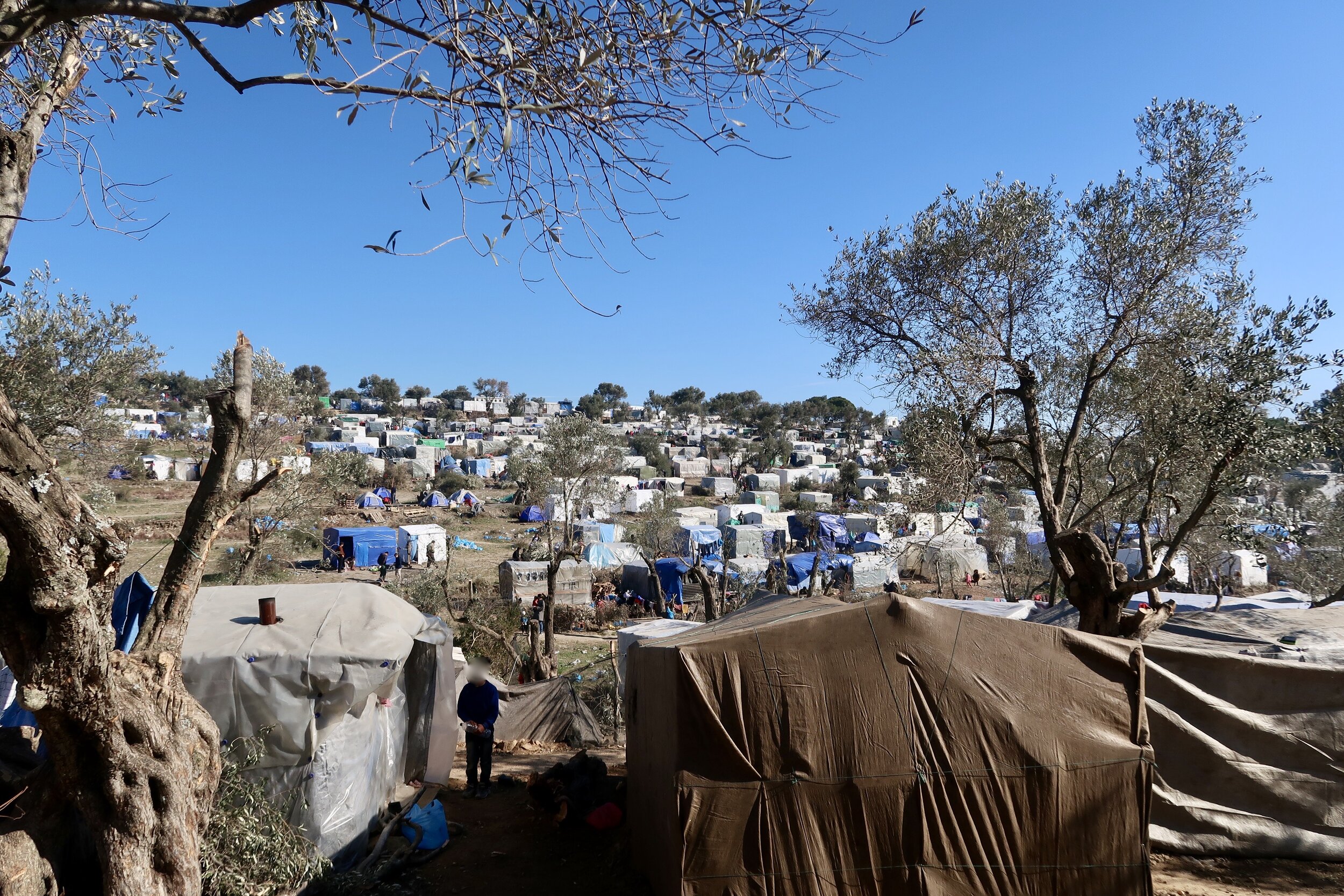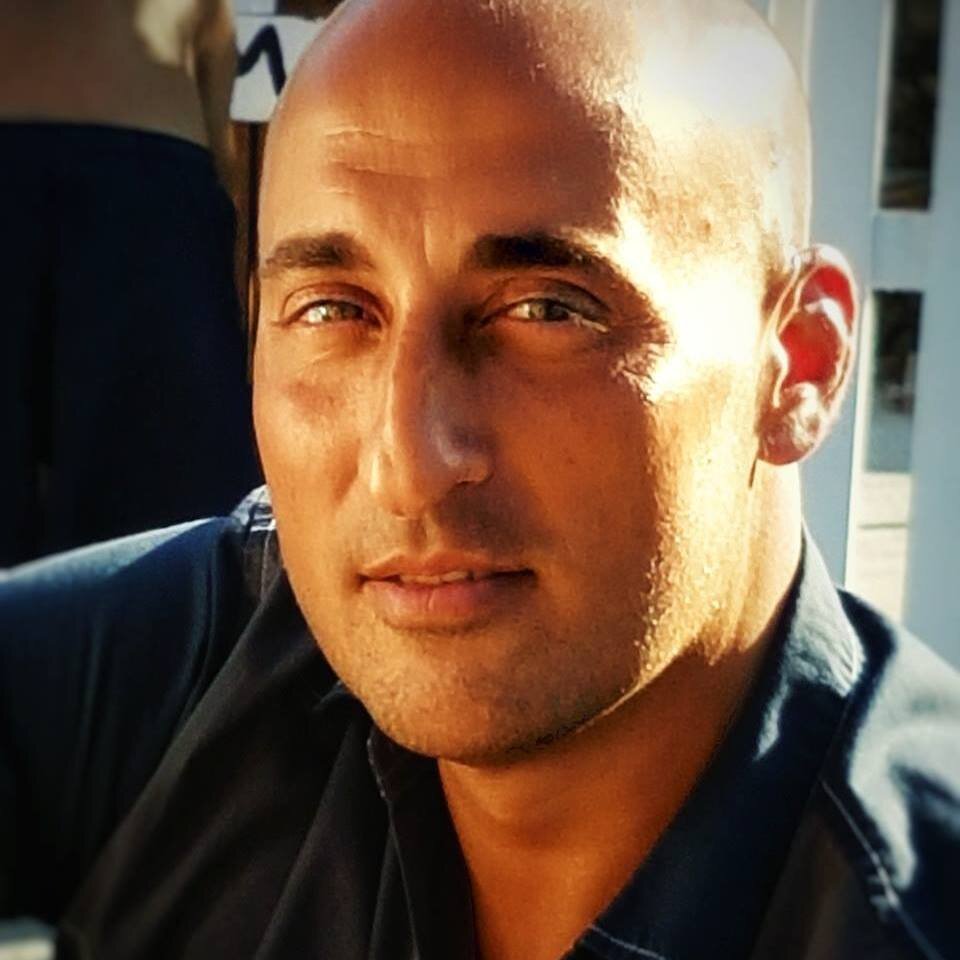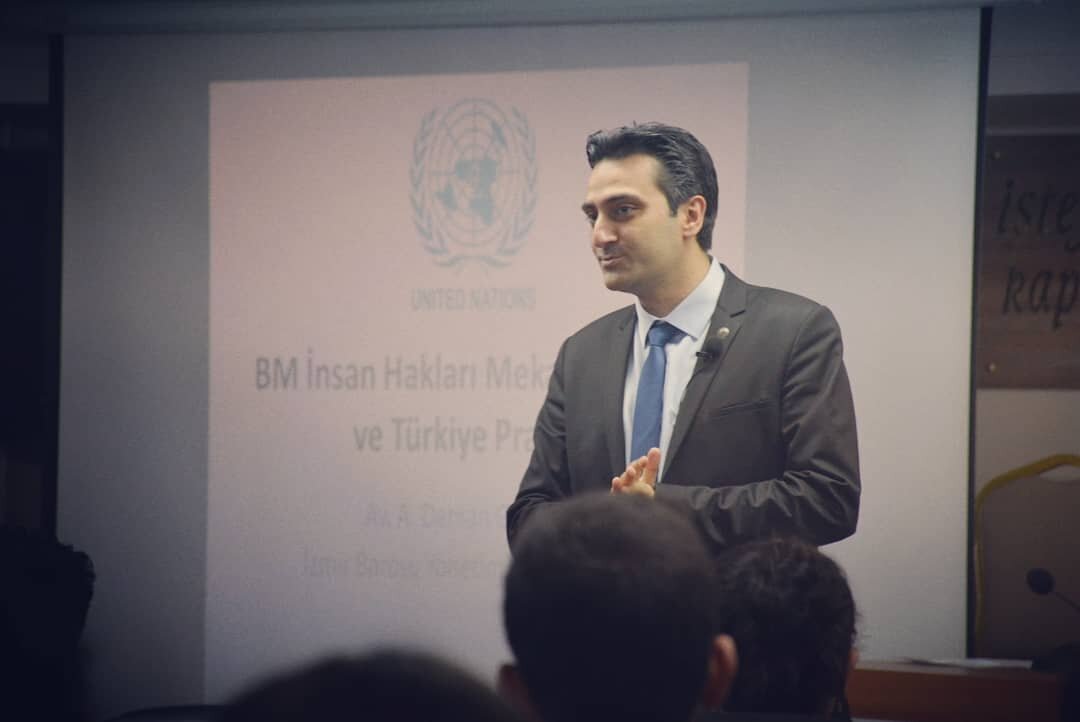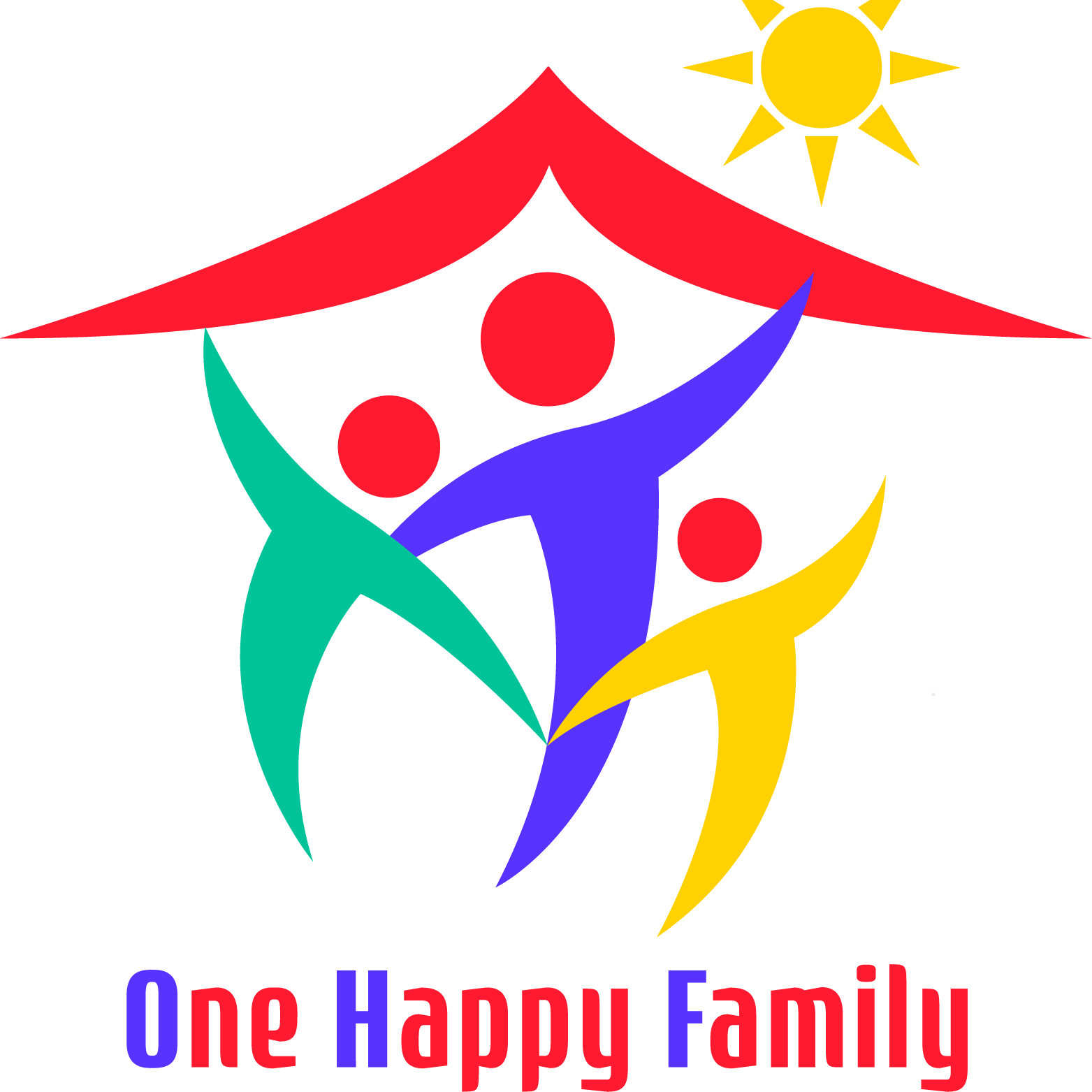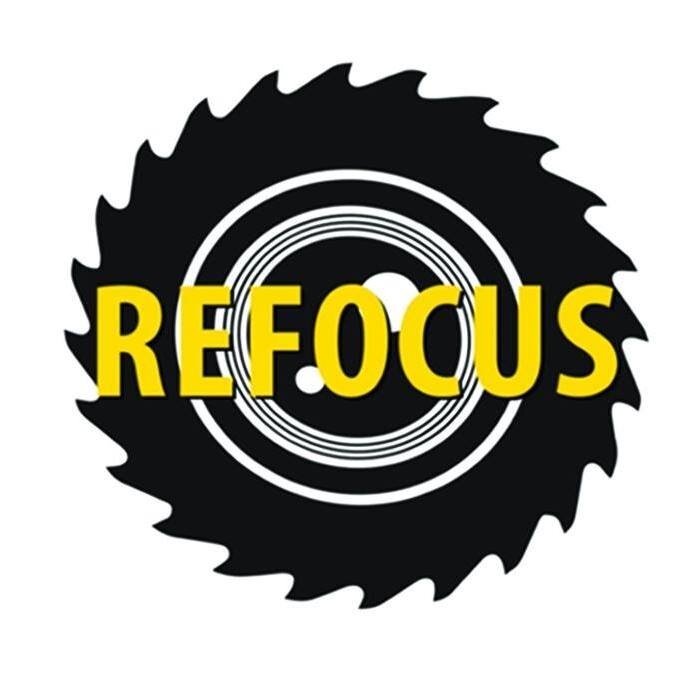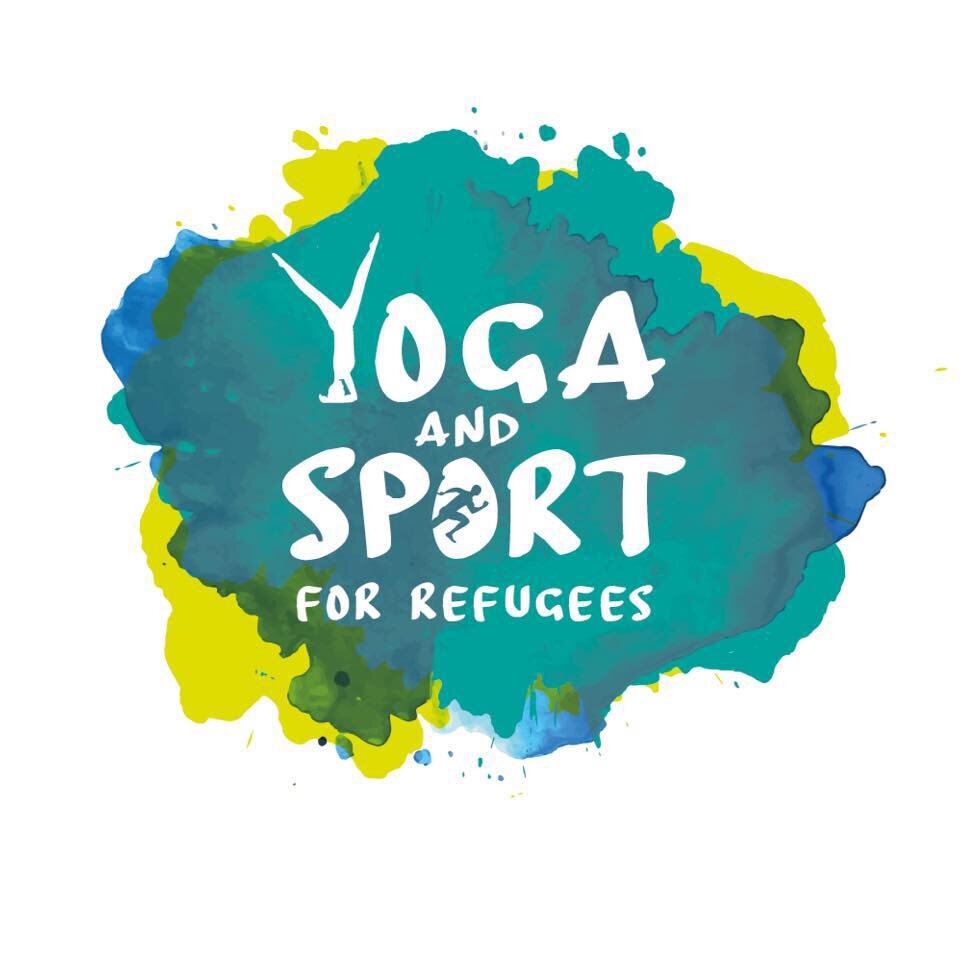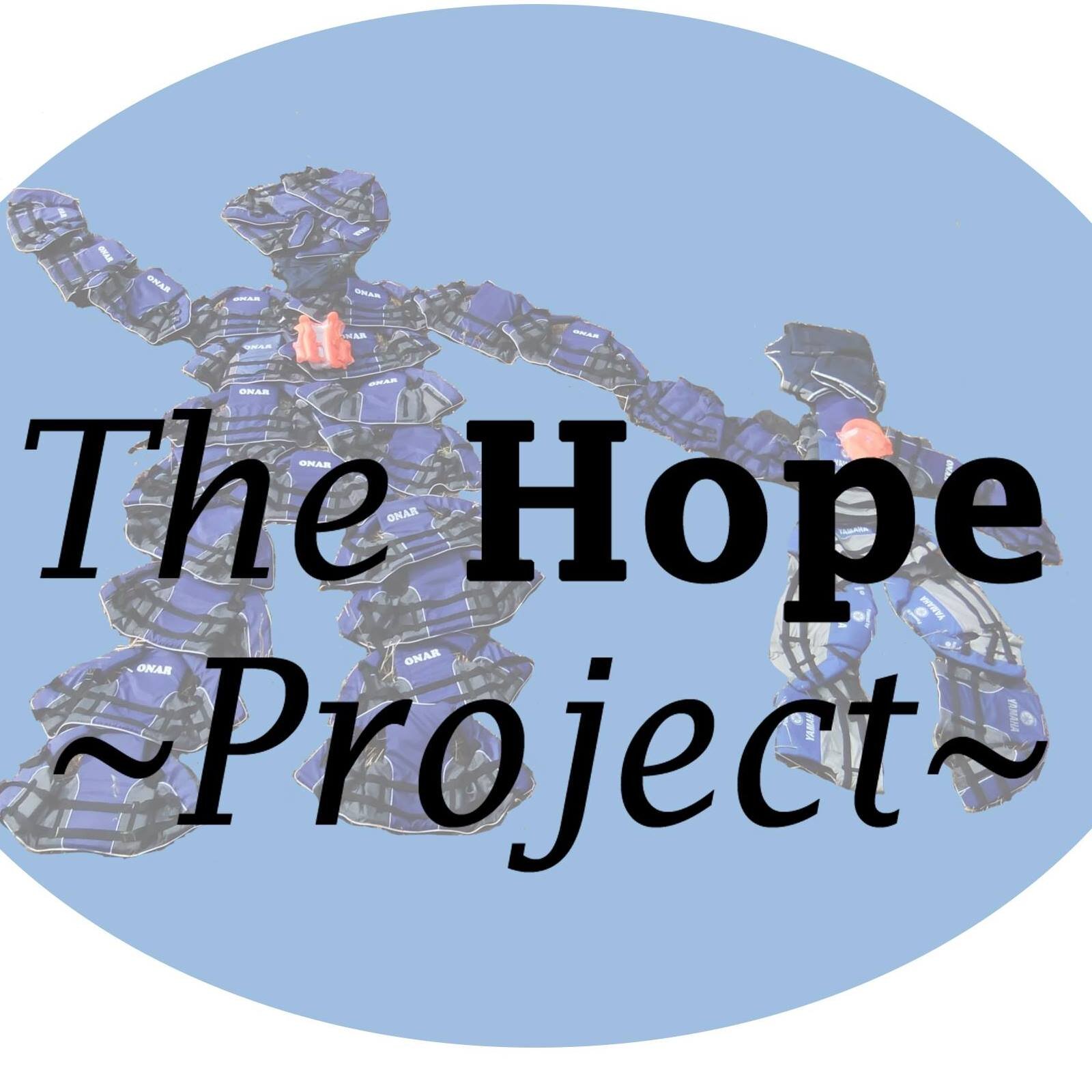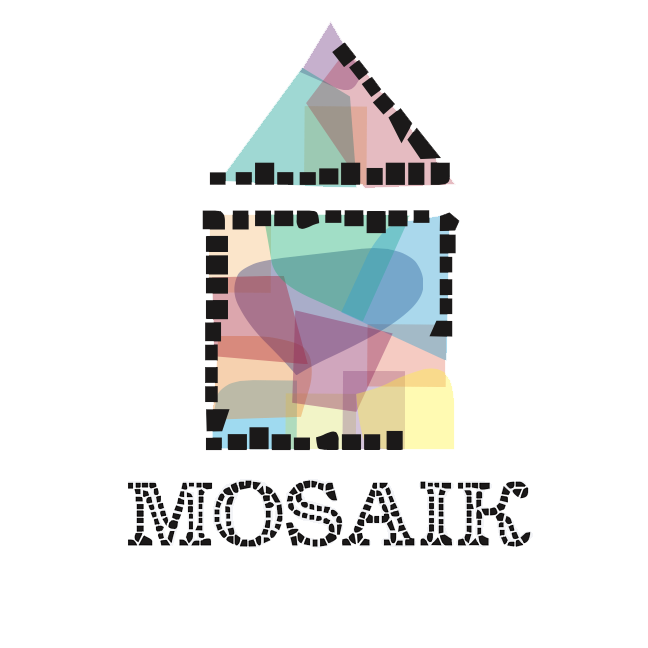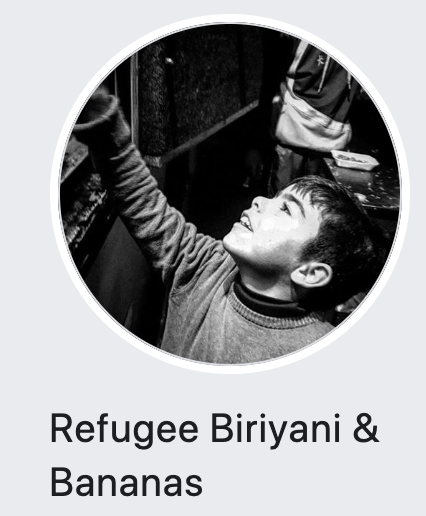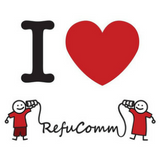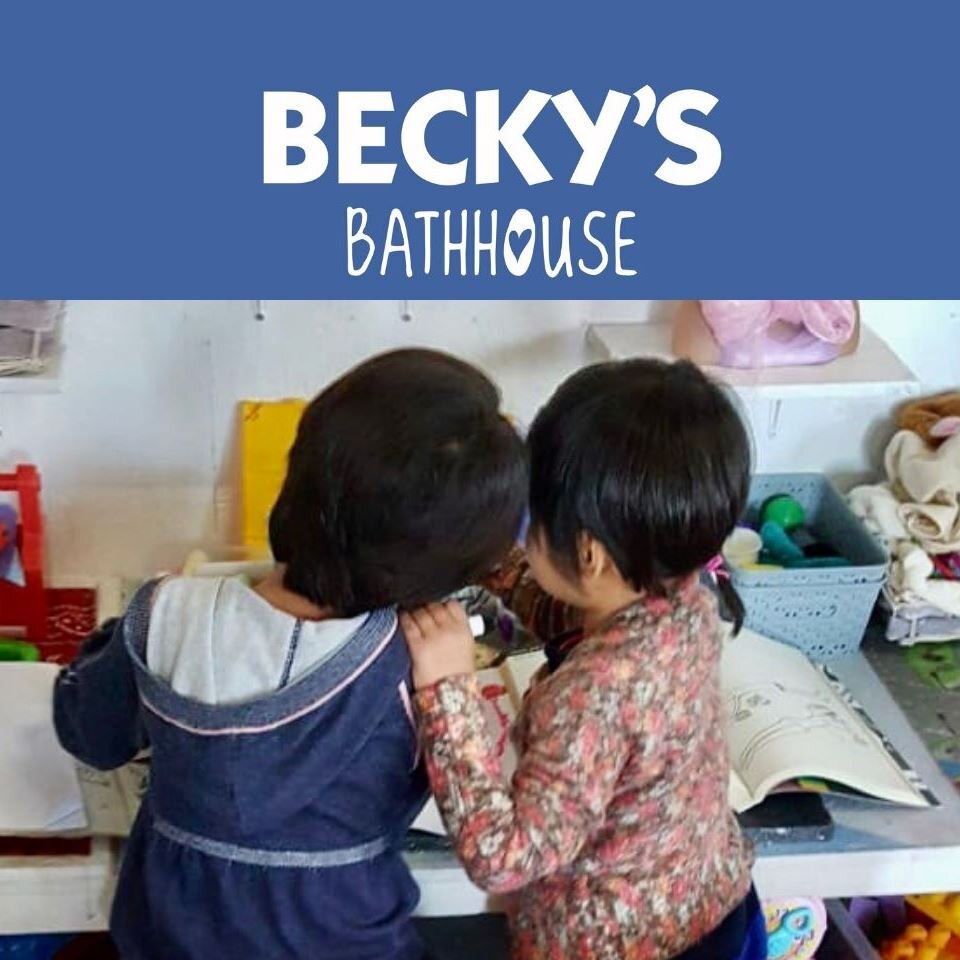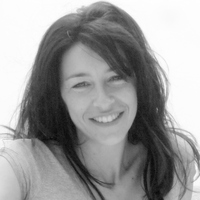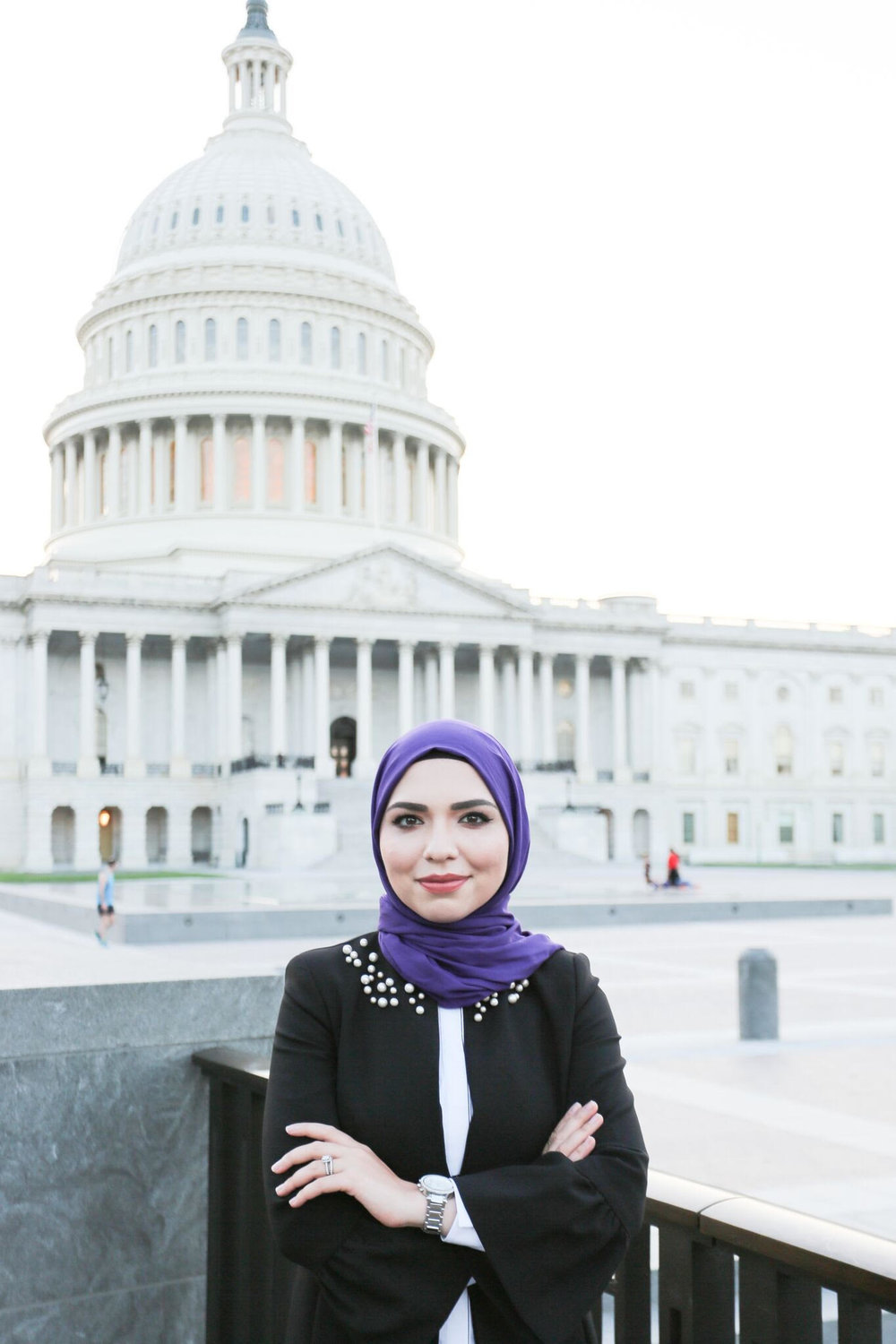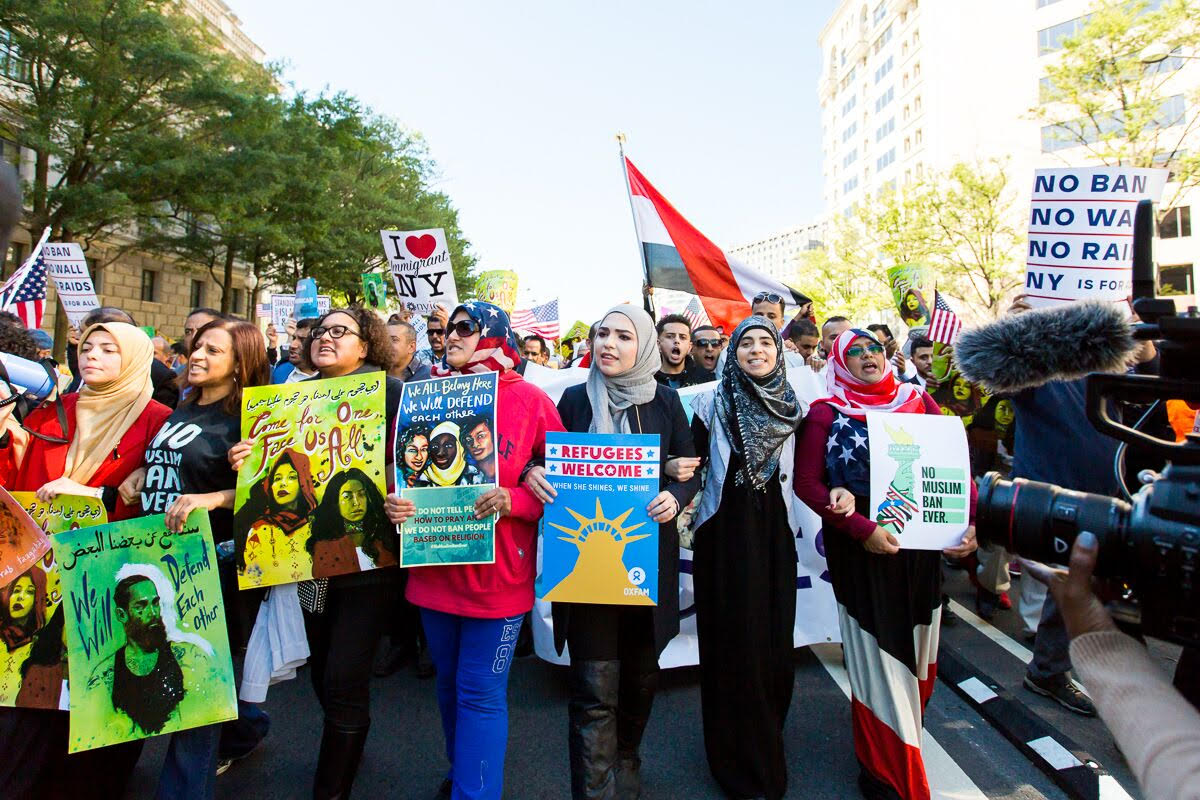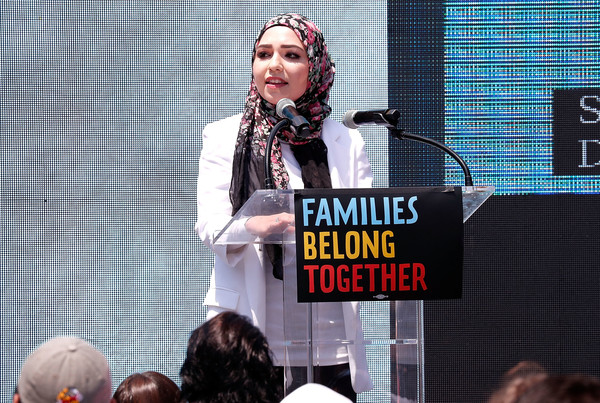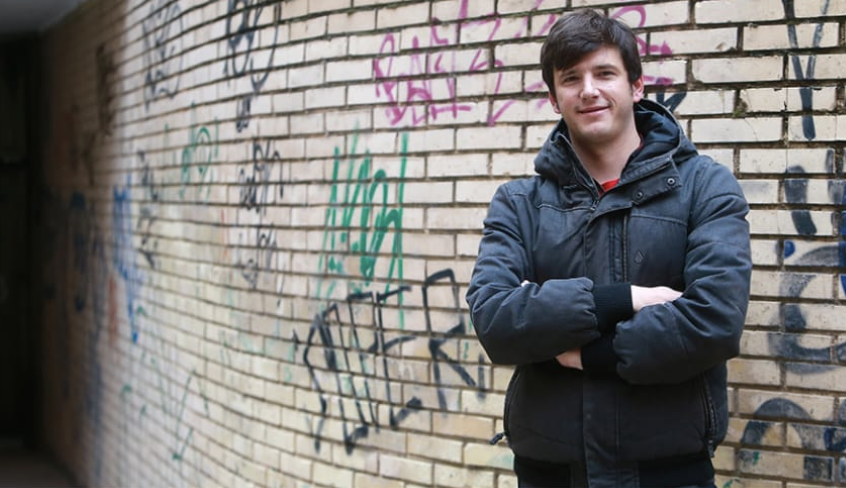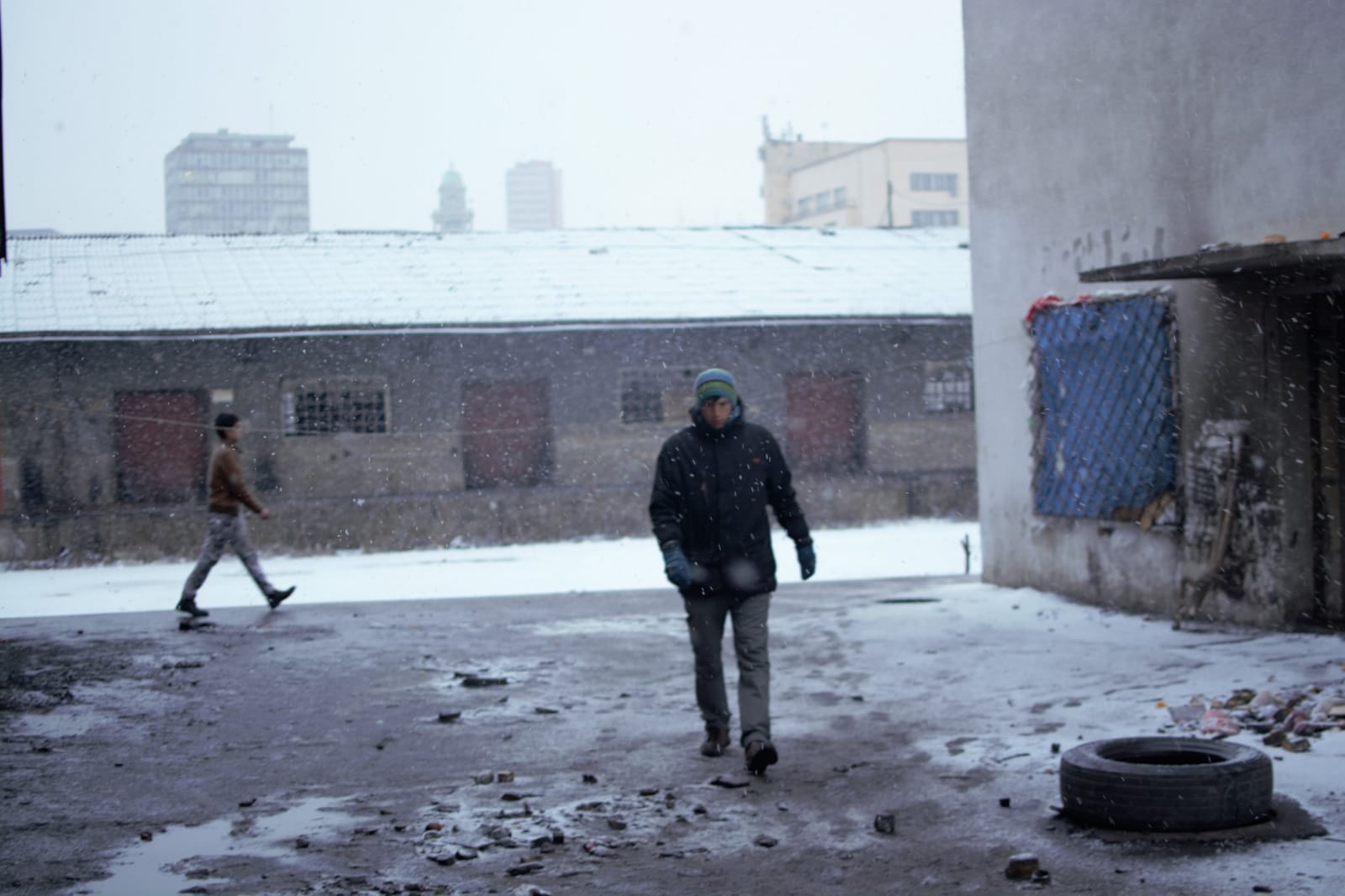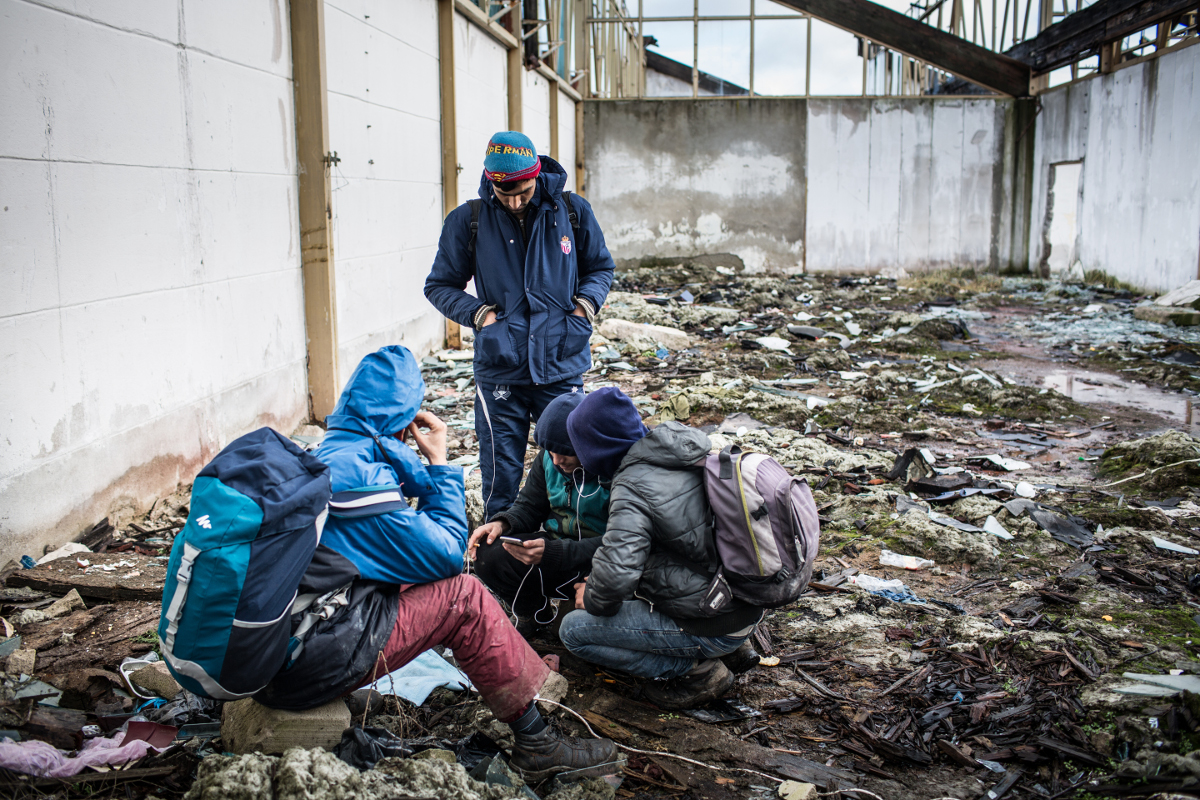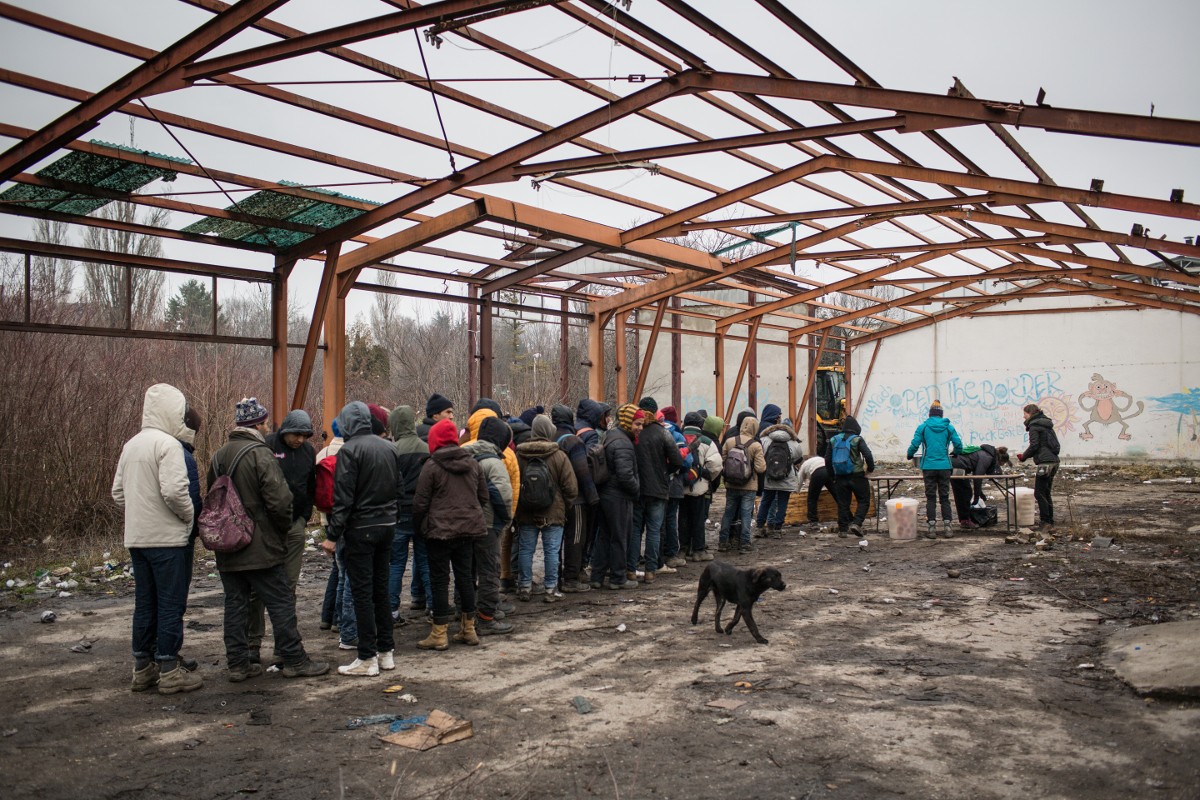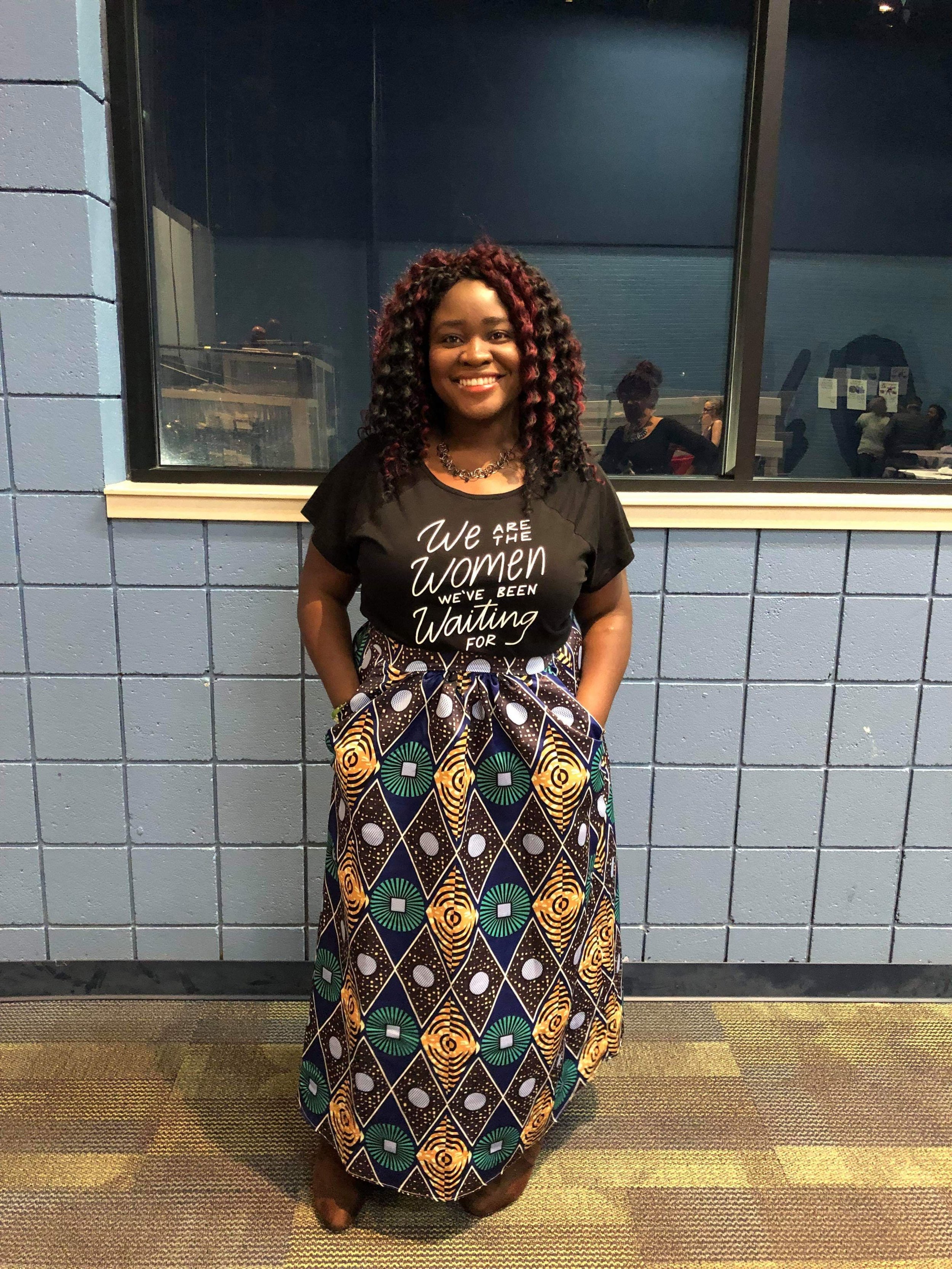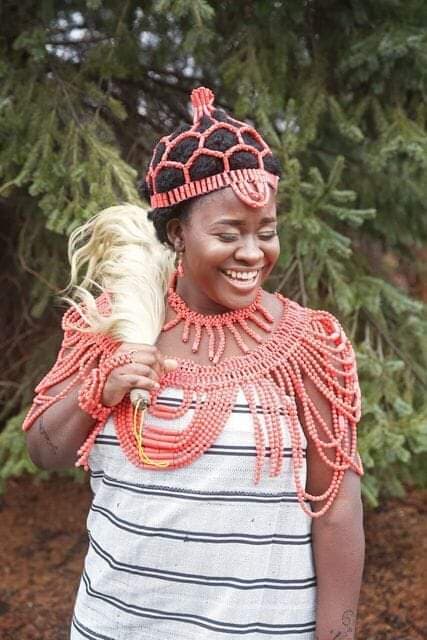Much has changed in recent weeks since we left Greece, and before bringing you the personal testimonies and field interviews that we gathered from refugees, volunteers, Greek citizens, and stakeholders during our time in Lesvos and Athens in January and February, we wanted to touch base with some people on the ground in Greece and Turkey to get up to speed on the fast-changing situation in and between these countries.
In 2016, in response to the growing alarm at the continuing movement of peoples towards Europe, the European Union struck the so called EU-Turkey Deal, effectively promising to pay Turkey approximately 6 billion Euros to contain the flow of people to within its borders. Turkey now leads the world hosting a refugee population of more than 4 million people, 3.7 million of them from Syria. At the end of February president Erdogan ordered Turkish border police to stand down resulting in a rush on Greece’s land and maritime borders, and enflaming what was already a highly tense situation in the Greek islands.
Douglas Herman a journalist and co-founder of Refocus Media Labs, a nonprofit organization that teaches media skills to asylum seekers. Douglas has been based on Lesvos for several years and more recently he’s been documenting the escalating situation on the island for a variety of news sources.
Deman Güler is a human rights attorney in Turkey and manages the Human Rights Center and Commission for Refugees for the İzmir Bar Association. Those familiar with the geography of the migratory routes will recognize Izmir as one of the principal staging areas for smugglers and for those trying to cross by sea to the Greek isles.
Are You Syrious is an indispensable resource for those trying to stay on top of policy changes and events on the ground along the migratory routes. an indispensable resource for those trying to stay on top of policy changes and events on the ground along the migratory routes.
This special podcast report is the first in a multipart podcast series covering the conditions of refugees and communities on the borders of the European Union and part of a collaborative project between Latitude Adjustment podcast and Croatian nonprofit Are You Syrious. Be sure to check out the Are You Syrious written accompaniment to this episode as well. This AYS special report is intended to provide a helpful timeline of events and offers more context for the podcast.
Correction: the initial publication of this podcast indicated that cases of COVID-19 had been reported on both Lesvos and Chios. However the case(s) on Chios are not yet confirmed, while it appears that one case has been reported in the general population on Lesvos.
Left to right: Moria Refugee Camp, Lesvos, Greece, Douglas Herman, and Deman Güler
Come for a three-minute walk through Moria Refugee Camp.
Organizations that we recommend supporting.

